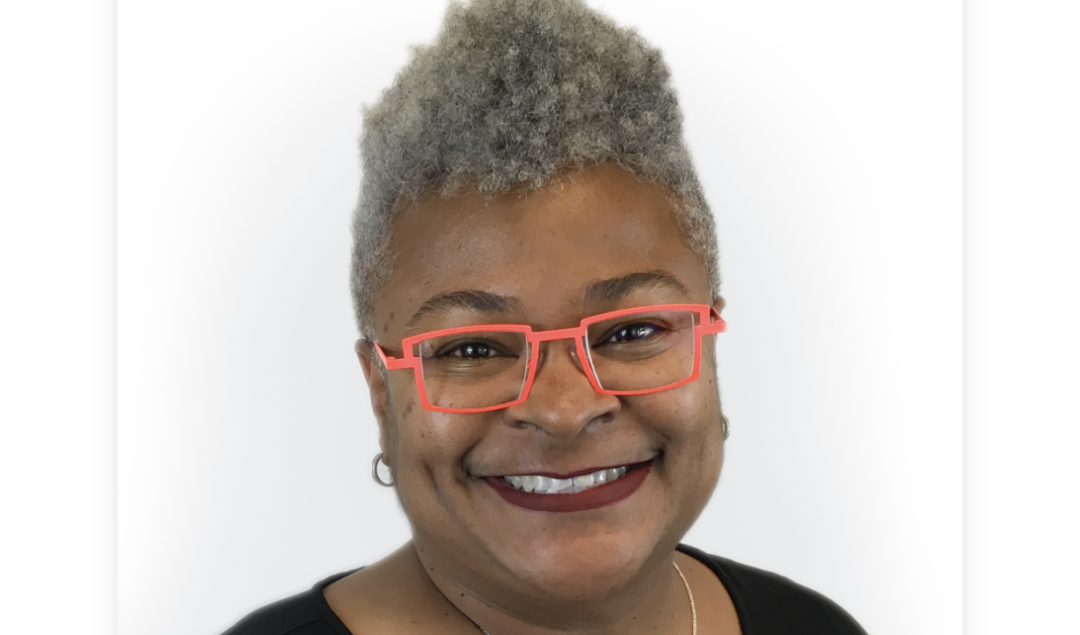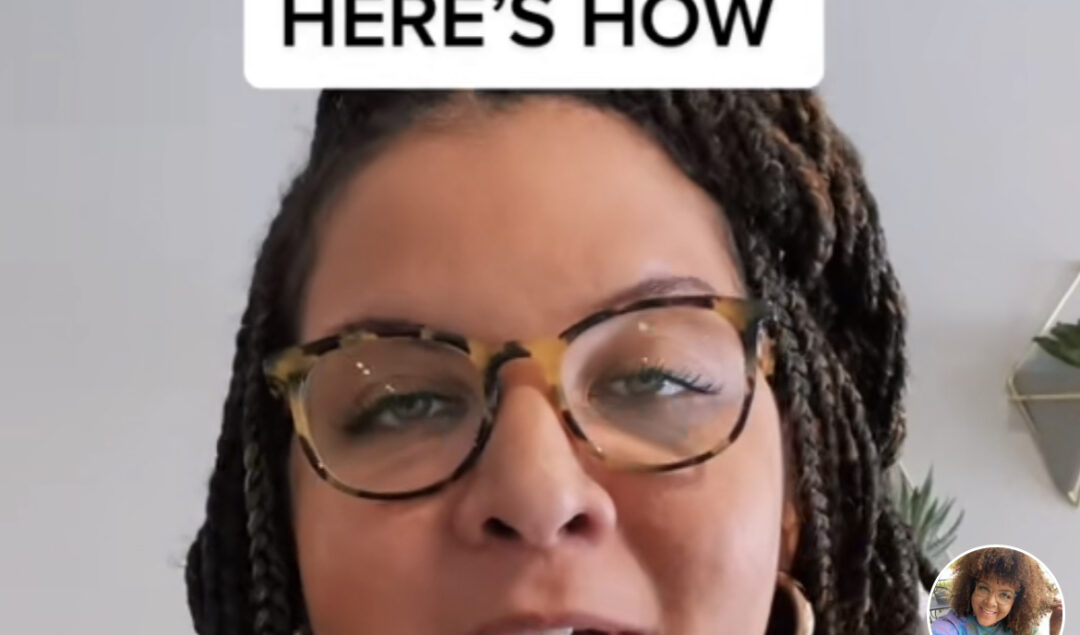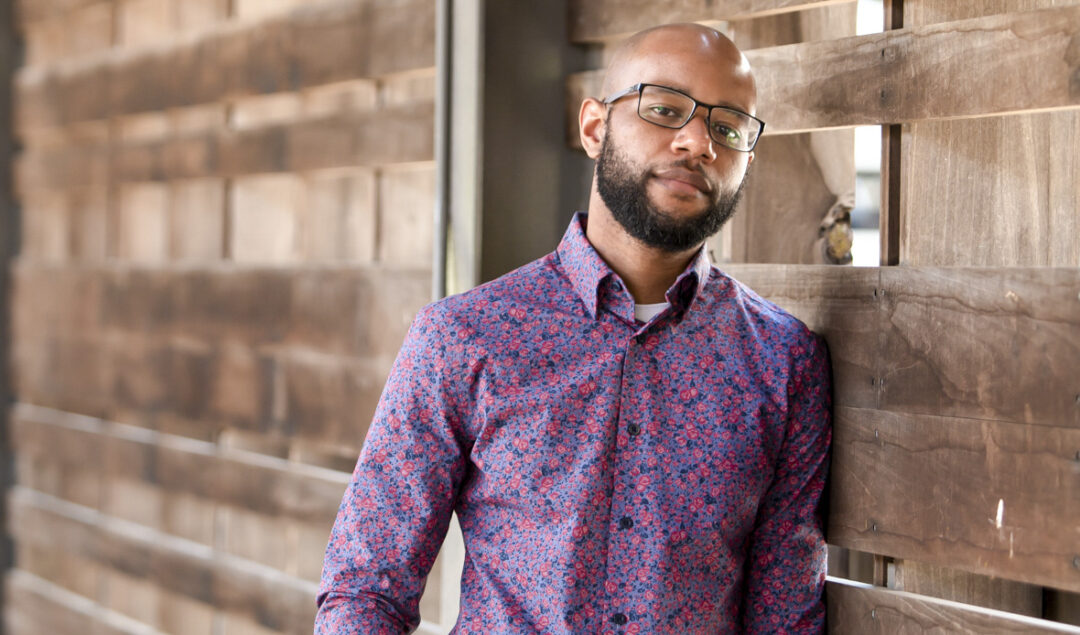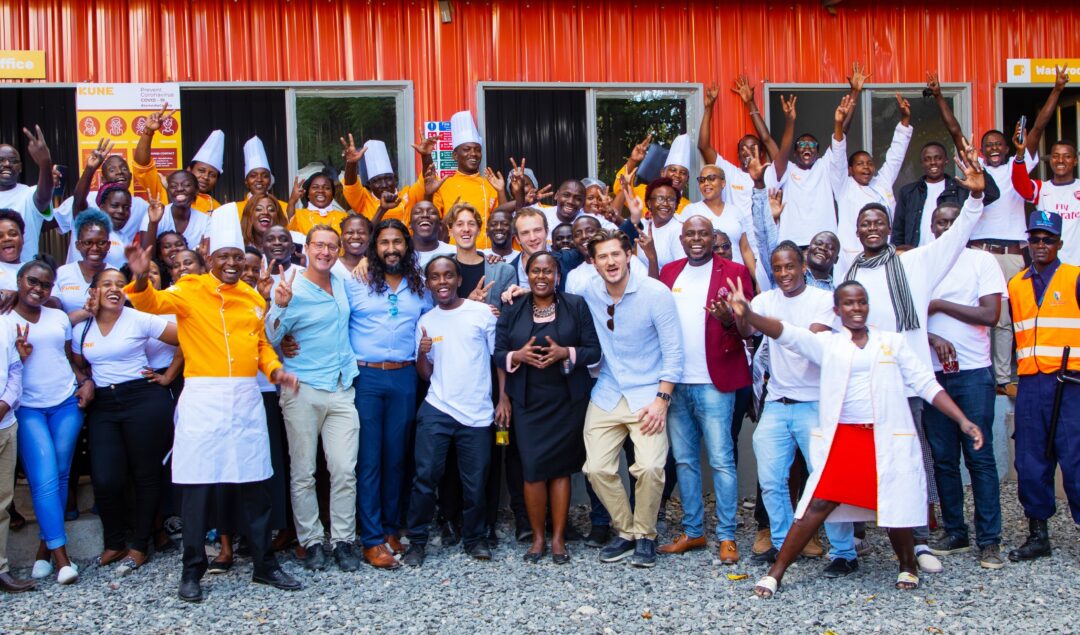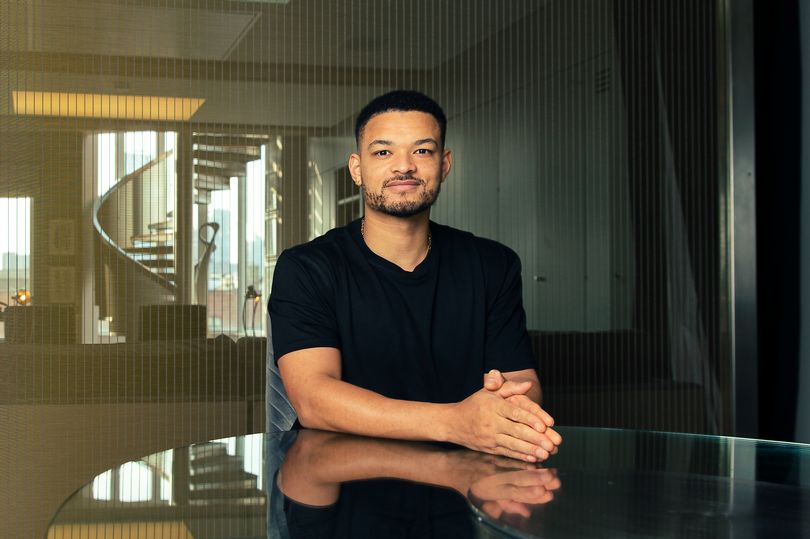Black-founded startups recently saw record amounts of investment, with quarterly funding commitments nearing or even topping $1 billion. But according to new data from Crunchbase, venture capital funding has dropped significantly in the second quarter of 2022, down to just $324 million. So far in 2022, only 100 U.S. startups with a Black founder have received funding, with $100 million invested in seed rounds, $591 million in early-stage rounds, and approximately $876 million in later-stage rounds. Startups with at least one Black founder received 1.9% of deal counts and 1.2% of
According to Zion Market Research, the digital mental health market was valued at $1.4 billion (£1.1billion) in 2017 and is projected to reach $4.6 billion in 2026. Still, it has often been claimed that many of these apps do not cater to the specific challenges that Black, Indigenous, and people of color face. That’s why we’ve dug a bit deeper to find the apps that put inclusion and diversity at the forefront of their mission and have a mission to ensure everyone gets support. Therapy for Black Girls Therapy for
South African fintech startup Sava has raised $2 million to develop a spend management platform that will help African businesses manage their expenses, helping them reduce the time spent on recordkeeping and reconciliations. Sava CEO Yoeal Haile mentioned that the platform, which is yet to launch, will help African businesses run their financial operating systems. It will also allow them to capture data that will enable them to stay knowledgeable about their financial health business. Sava highlights two specific pain points businesses confront around spend management and reconciliations. One, businesses don’t have
Tesla was sued again on Thursday, this time by a group of current and former African American workers at its Fremont factory who say they were subject to racist graffiti, slurs and harassment they said the company and managers knew about but did nothing to stop. The plaintiffs, “have been subjected to offensive racist comments and offensive racist behavior and discipline by colleagues, leads, supervisors, managers, and/or Human Resources personnel on a daily basis,” the suit, which was read by the San Francisco chronicle, said. As of the time of
The chief operating officer of Next PR reveals the journey from publicly and privately hiding her true identity to becoming the kind of leader who fosters inclusive workplaces. Geri Johnson is a technology and operations expert with over 25 years of experience – some call her the Olivia Pope of Next PR. Despite her many accolades – her journey was far from smooth sailing. She told Fast Company that although she no longer hides herself at work – it wasn’t always this way. She revealed that the once-confident intern with
The hashtag VCTok is slowly but steadily growing along with founderstiktok. TikTok has more than 1 billion users — the majority of whom are under the age of 30. So it’s the perfect place for firms looking to tap into the younger market or for business owners who want to attract more customers. Back in January, Redpoint Ventures gave Rashad Assir just one task: Make TikToks about venture capital. The request, which some could argue was a bit strange coming from a VC firm, came after Assir amassed more than 56,000 followers
Black-owned beauty and tech company Mayvenn has announced that it raised $40 million in a Series C funding round. Leading investments came from Chicago-based venture fund Cleveland Avenue, with participation from the Growth Equity business within Goldman Sachs Asset Management and a16z. Mayvenn allows consumers to search for and book hair stylists in their local area. In addition, stylists are able to operate their businesses on the platform, including selling products and marketing their salon-based services. The company says it is now home to over 50,000 hair stylists across the
The tech industry has spent a decade publicly reckoning with its diversity problem. Still, Black and Hispanic workers hold just 7% and 8% of computer worker roles in the U.S., though they represent 11% and 17% of the country’s total workforce, respectively, according to the Pew Research Center. With the Metaverse becoming increasingly popular, it’s important to hold those in power accountable. Earlier this year, reporter Yinka Bokinni wrote a piece in the Guardian about her experiences in the Metaverse. “But within the first 10 minutes of putting on a
Here is our latest roundup of tech headlines from across the African continent. Kune, a Kenyan food-tech startup that delivered ready-to-eat meals at affordable prices, has closed its doors, the company’s founder and CEO Robin Reecht announced. In a statement posted to his LinkedIn page, Reecht cited a stifled economy and inflated food prices as circumstances that contributed to Kune’s closure. “With the current economic downturn and investment markets tightening up, we were unable to raise our next round. Coupled with rising food costs deteriorating our margins, we just couldn’t keep going,” he said.
Dragon’s Den star Steven Bartlett is seeking “fledgling entrepreneurs” to take part in a secret BBC show. The Social Chain co-founder has called on business leaders in the e-commerce world to participate. Mr. Bartlett is working on the project with BBC Studios but has kept quiet on the finer details. In a message posted on LinkedIn, the entrepreneur said applications have to be free to be filmed on July 8, 2022, between 8 am and 5 pm in East London. He added anyone who is interested should e-mail businessg@bbc.co.uk. Mr. Bartlett





